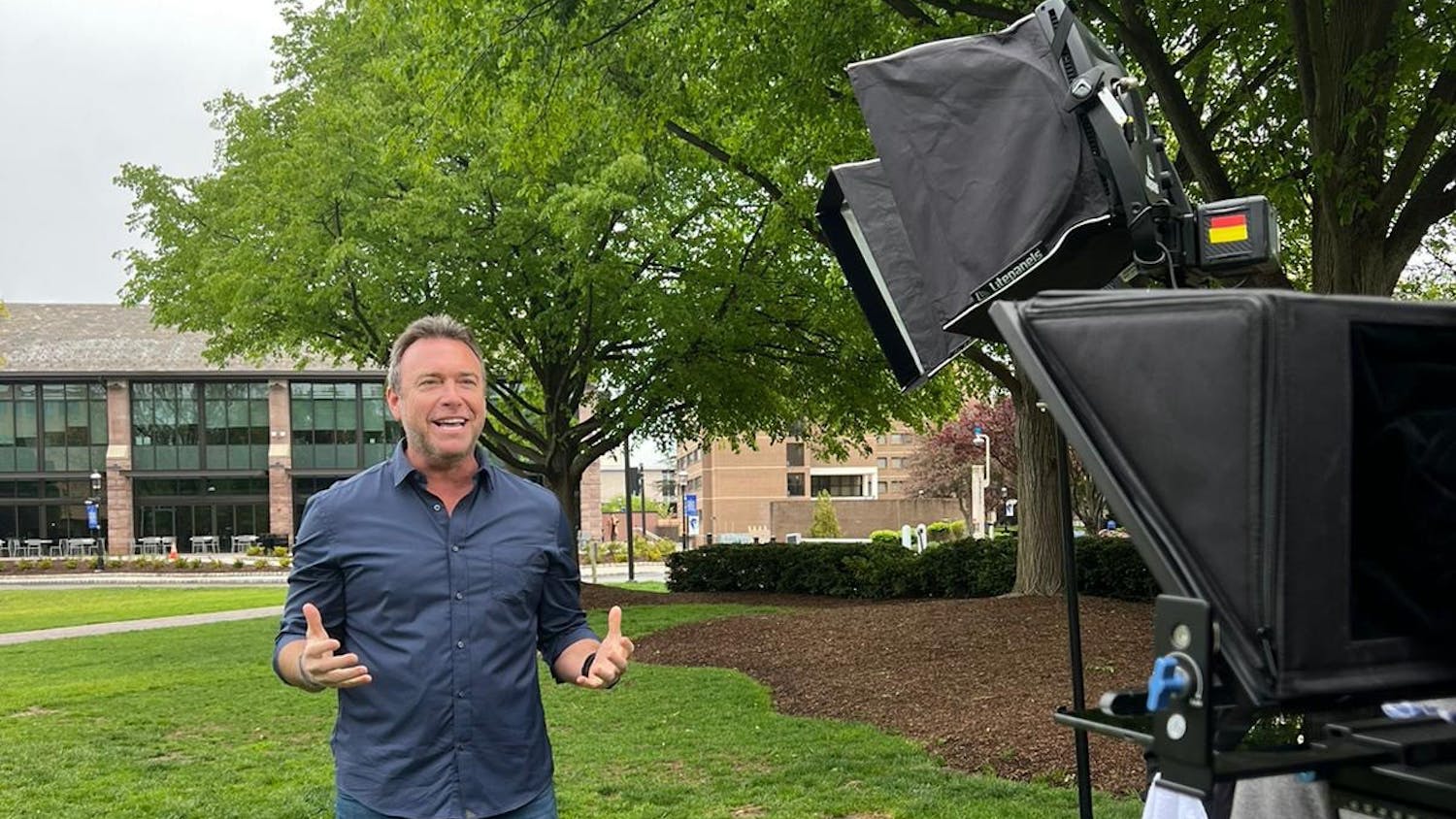 When I was applying to colleges a few years ago, affirmative action was a popular topic that my guidance counselors were discussing.
As a high school student, I remember thinking that I wouldn’t fill any quotas or help a university’s diversity rate, which I thought would negatively impact my application.
However, Dr. Alyssa McCloud, the vice president of enrollment management, confirmed that Seton Hall University does not use affirmative action.
“When we review our applications, we don’t even know what [a student’s race or ethnicity is] most of the time,” Dr. McCloud said. “It’s an optional question really just for data purposes. About 50 percent or less of students don’t even answer it.”
At SHU, admission is based on grades, test scores, teacher recommendations, and amongst other factors.
“Admission is solely based on the merits of the student,” McCloud said.
Other students held similar opinions as I did that affirmative action accepts students who may not meet the requirements over students who do.
“I think that denies other students the chance to learn,” Danielle Johnson, a junior athletic training major, said. “You can’t deny students who meet the requirements the opportunity just because they’re not a minority.”
Lexi Henderson, a sophomore art history major, feels that affirmative action does not work the way it was supposed to work.
“I feel it puts a heavy preference on making quotas and diversity, instead of merit based,” Henderson said. “I feel if questions about ethnicity were left off any sort of job application or college application, that race being a determining factor of qualification would no longer be a problem, because it would be merit based.”
I held the same opinions as other students that affirmative action was a negative thing, however I never considered what diversity brings to a university.
While admission is based on merit, SHU is lucky because we are placed in a very diverse community, McCloud added.
“We recruit heavily all over the country and the state,” she said.
“We make a point to visit as many schools as possible and because of that, we get a diverse community.”
It’s important to note that some universities are not in this position and need to take more deliberate steps to achieve diversity.
“In general, a college or university serves the purpose to enrich and enlighten the community,” McCloud said. “The community benefits from these different backgrounds. It enriches the dialogue and academic discourse.”
As a college student, I have loved being a part of a diverse community.
Just coming from California to the East coast was a culture shock, but different perspectives do amazing things for education.
Rebecca White can be reached at rebecca.white@student.shu.edu.
When I was applying to colleges a few years ago, affirmative action was a popular topic that my guidance counselors were discussing.
As a high school student, I remember thinking that I wouldn’t fill any quotas or help a university’s diversity rate, which I thought would negatively impact my application.
However, Dr. Alyssa McCloud, the vice president of enrollment management, confirmed that Seton Hall University does not use affirmative action.
“When we review our applications, we don’t even know what [a student’s race or ethnicity is] most of the time,” Dr. McCloud said. “It’s an optional question really just for data purposes. About 50 percent or less of students don’t even answer it.”
At SHU, admission is based on grades, test scores, teacher recommendations, and amongst other factors.
“Admission is solely based on the merits of the student,” McCloud said.
Other students held similar opinions as I did that affirmative action accepts students who may not meet the requirements over students who do.
“I think that denies other students the chance to learn,” Danielle Johnson, a junior athletic training major, said. “You can’t deny students who meet the requirements the opportunity just because they’re not a minority.”
Lexi Henderson, a sophomore art history major, feels that affirmative action does not work the way it was supposed to work.
“I feel it puts a heavy preference on making quotas and diversity, instead of merit based,” Henderson said. “I feel if questions about ethnicity were left off any sort of job application or college application, that race being a determining factor of qualification would no longer be a problem, because it would be merit based.”
I held the same opinions as other students that affirmative action was a negative thing, however I never considered what diversity brings to a university.
While admission is based on merit, SHU is lucky because we are placed in a very diverse community, McCloud added.
“We recruit heavily all over the country and the state,” she said.
“We make a point to visit as many schools as possible and because of that, we get a diverse community.”
It’s important to note that some universities are not in this position and need to take more deliberate steps to achieve diversity.
“In general, a college or university serves the purpose to enrich and enlighten the community,” McCloud said. “The community benefits from these different backgrounds. It enriches the dialogue and academic discourse.”
As a college student, I have loved being a part of a diverse community.
Just coming from California to the East coast was a culture shock, but different perspectives do amazing things for education.
Rebecca White can be reached at rebecca.white@student.shu.edu.





